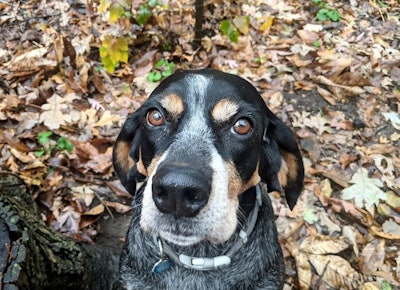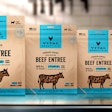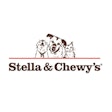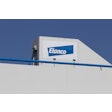
In February, the United States Food and Drug Administration (FDA) issued a warning letter to Primal Pet Foods after agency representatives inspected Primal Pet Foods’ manufacturing facility in Fairfield, California in 2022. The inspection followed a recall of the company’s products in July 2022 predicated by the agency’s detection of Listeria monocytogenes in Raw Frozen Primal Patties for Dogs Beef Formula.
FDA’s inspection revealed evidence of significant violations of FDA’s Current Good Manufacturing Practice, Hazard Analysis, and Risk-Based Preventive Controls for Food for Animals regulation, Title 21, Code of Federal Regulations, Part 507 (21 CFR Part 507), which caused Primal Pet Foods’ products to be adulterated, according to the warning letter.
FDA officials stated that during the inspection, Primal Pet Foods provided finished product microbial test results for cat and dog food manufactured between August 2021- August 2022 that showed 49 products tested positive for Listeria monocytogenes or Salmonella spp.
Primal responded to the findings by stating it will no longer utilize supplier approval or outbound microbiological testing as preventive controls for pathogens. Primal identified preventive controls for frozen products and probiotic inclusion as the preventive control for freeze-dried products. Primal’s supplier approval was reclassified as a supporting prerequisite program and finished product microbiological testing was changed to a verification activity. Additionally, Primal added a sanitation preventive control and stated training will be provided on the new procedures.
However, the FDA was unable to fully evaluate the adequacy of their corrective actions since Primal did not provide adequate supporting documentation to demonstrate these corrections have been completed and consistently implemented.
The FDA letter also noted other problems with Primal Pet Foods response to the agencies’ observations.
About FDA regulations involved in Primal Pet Foods warning letter
The FDA's Current Good Manufacturing Practice (CGMP), Hazard Analysis, and Risk-Based Preventive Controls for Food for Animals regulation is a set of rules designed to ensure that animal food is safe for consumption. This regulation is intended to help prevent foodborne illness in animals, which can then be passed on to humans who consume animal products.
The CGMP regulation requires animal food manufacturers to follow specific procedures for producing, storing, and distributing animal food. This includes maintaining facilities in a clean and sanitary condition, using equipment that is properly maintained and cleaned, and implementing procedures to prevent contamination during production and storage.
The Hazard Analysis and Risk-Based Preventive Controls (HARPC) component of the regulation requires animal food manufacturers to identify potential hazards associated with their products and implement controls to prevent or minimize those hazards. This includes developing a written food safety plan that outlines the potential hazards and the steps taken to control them.
Under the HARPC rule, manufacturers must also conduct periodic reviews of their food safety plans to ensure they remain effective and up-to-date.
Overall, the CGMP and HARPC regulations are critical in ensuring that animal food is produced and distributed in a safe and sanitary manner. By adhering to these rules, animal food manufacturers can help prevent the spread of foodborne illness in both animals and humans.















